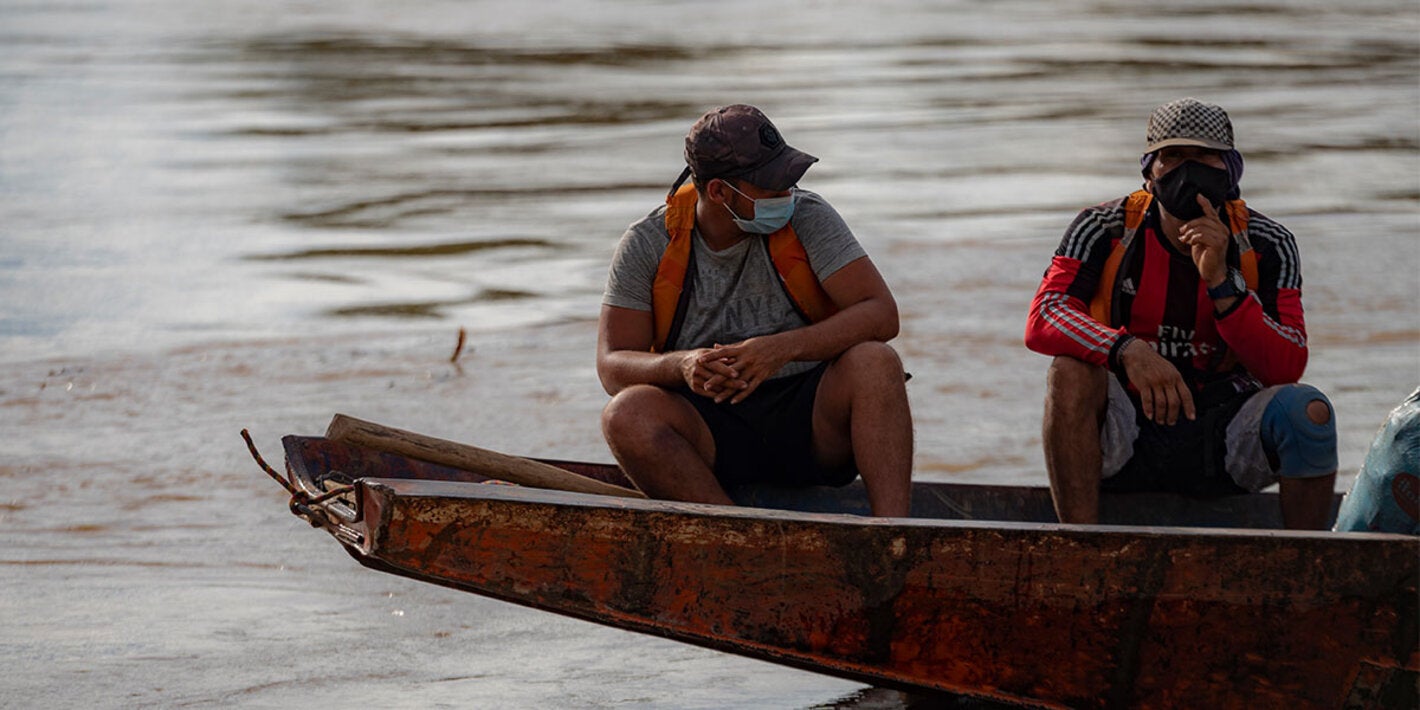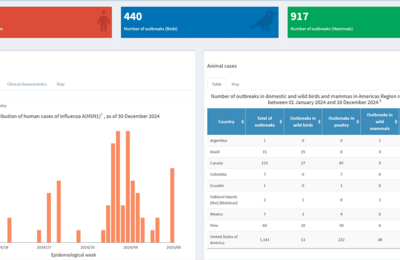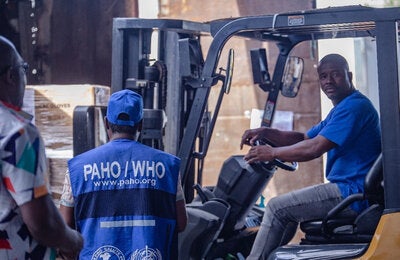
Fifth meeting of the webinar series on the Essential Public Health Functions: Right to health, social participation and strengthening of the EPHF
Washington, DC, November 22, 2021 (PAHO) – The Pan American Health Organization held a new meeting that brought together experts from different sectors to share experiences of social participation in health in the Region of the Americas. The meeting was part of the webinar series on the Essential Public Health Functions (EPHF) and aimed to generate a space for reflection and debate on the new challenges that arise for participation in the current context and promote social participation as a key element in strengthening the EPHF, adding community organizations and civil society to this effort.
Carina Vance, PAHO International Consultant for the Strengthening of the EPHF, moderated the event and Ernesto Báscolo, Advisor on Health Governance, Leadership, Policy, and Planning of PAHO opened the panel explaining the new proposal of the essential public health functions and its articulation with social participation.
“The EPHFs recognize that social participation plays an important role throughout the policy cycle, as an element that strengthens the ability to meet health objectives,” said Báscolo. “Strengthening each of the 11 Essential Public Health Functions requires strong leadership and stewardship by the health authorities of each country in the region, but also the active participation of multiple actors, including social organizations and civil society”.
Vivian Camacho, General Director of Traditional Medicine of the Ministry of Health and Sports of the Plurinational State of Bolivia, presented about participation, social mobilization, ancestral knowledge, and some of the lines from the Community and Intercultural Family Health Policy (SAFCI), which is being implemented in that country.
Dheepa Rajan, Health Services Adviser at the World Health Organization (WHO), presented the recently launched WHO Manual on “Social Participation for Universal Health Coverage”. The document is designed to provide practical guidance on strengthening a significant government commitment with the population, communities, and civil society for the formulation of national health policies.
Norma Llenny Cruz Vilcarromero, Regional Coordinator of the Health of Indigenous Peoples of the Regional Health Directorate of the Amazon, commented on the experience being developed with different tools and instruments to strengthen the promotion of social participation in Amazonian indigenous populations in Peru.
Alejandro Calvillo, executive director of Consumer Protection of Mexico, analyzed the situation that the country is going through in relation to poor nutrition, which has become the leading cause of death in adults, and explained some of the campaign strategies being carried out to modify this trend.
Finally, Debora Melecchi, counselor of the National Health Council of Brazil, shared some of the lessons learned regarding the mechanisms for strengthening social participation from the institutional framework of the State. “The Unified Health System (SUS) is the greatest public policy achieved in the country,” she concluded.
Amalia Del Riego, head of the Health Services and Access Unit at PAHO, highlighted the complementarity of the presentations and the points of convergence in the forms of participation to continue advancing towards universal health.
The webinar series, organized by the Health Services and Access Unit of the Department of Health Systems and Services will hold a final meeting on December 8, where the countries will present their experience in the exercise of evaluation and strengthening of the EPHF.



